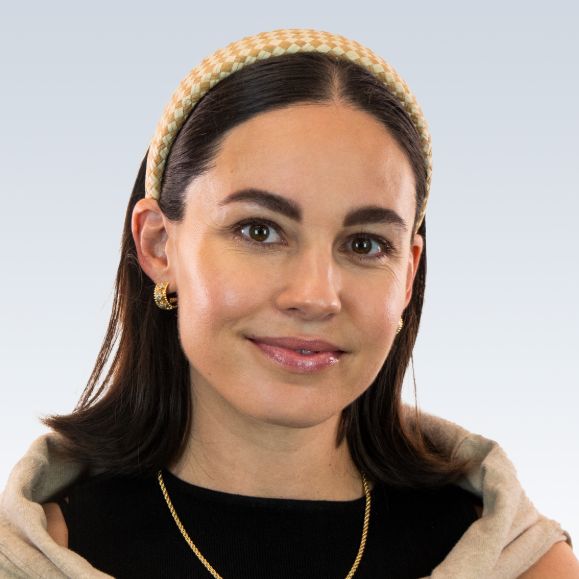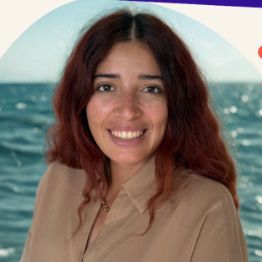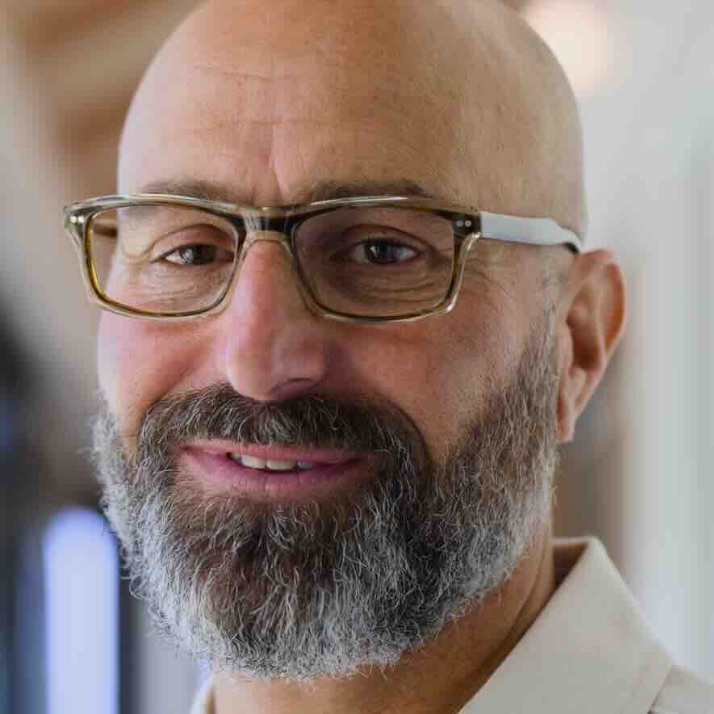Starting Your PTSD Therapy Journey in Orlando
Starting PTSD therapy in Orlando can feel more manageable when you know where to look. Use MiResource’s directory to browse a comprehensive list of local trauma-informed clinicians across Downtown, East Orlando, Winter Park, and the surrounding suburbs. You can filter by evidence-based approaches like EMDR, CPT, and Prolonged Exposure, then narrow by language, cultural focus, and provider specialties such as veteran or first responder support.
MiResource also lets you refine your search by insurance plan, self-pay rates, and real-time availability, reducing phone tag and wait times. Filter for in-person sessions near SunRail or Lynx routes, or select telehealth for added flexibility during busy tourism seasons and shift work. Profiles include bios, credentials, and openings so you can quickly compare fits and request consultations directly.
Choosing a therapist in Orlando can improve accessibility, scheduling, and cultural fit—especially in a diverse city with students, hospitality workers, military families, and multilingual communities. Local providers better understand neighborhood resources, crisis lines, and referral pathways within Central Florida’s hospitals and universities. With MiResource’s targeted filters, you can match to someone who meets your clinical needs and practical preferences, helping you start therapy sooner and stay consistent.
Mental Health Resources for PTSD in Orlando
PTSD support in Orlando includes crisis help, public programs, nonprofits, major health systems, and affordable clinics. Start with immediate safety, then explore ongoing care options that fit your needs. Veterans and students have specialized services locally. You can also use MiResource to find licensed PTSD therapists in Orlando.
Emergency & Crisis
- Call 911 for immediate danger
- Call/text 988 for the Suicide & Crisis Lifeline
- AdventHealth Orlando Emergency Department
- Orlando Health Orlando Regional Medical Center (ORMC) ER
- AdventHealth East Orlando ER
Public & City Programs
- Orange County Government – Mental & Behavioral Health Resources:
- Orange County Family Services – Mental Health Services
- Heart of Florida United Way 211 (local resource referral)
Nonprofits & Support Groups
- NAMI Greater Orlando (education, NAMI Connection peer groups)
- DBSA Central Florida (depression/bipolar peer support; check Orlando meetings)
- PTSD/trauma peer support (Vet-focused) via Wounded Warrior Project – Orlando programs
Health Systems & Universities
- UCF RESTORES (trauma/PTSD specialty clinic)
- Orlando VA Medical Center (Lake Nona) – PTSD programs
- AdventHealth Behavioral Health
- Orlando Health Behavioral Health
Community Clinics/Sliding-Scale
- Aspire Health Partners (community mental health, crisis, outpatient)
- Community Health Centers, Inc. (FQHC; behavioral health)
- True Health (FQHC; counseling/behavioral health)
- Grace Medical Home (sliding-scale; counseling referrals/services)
Use MiResource to find licensed PTSD therapists in Orlando tailored to your preferences.
The Benefits of Seeing an Orlando-Based PTSD Therapist
Working with an Orlando-based PTSD specialist offers practical advantages that streamline care and deepen trust. A clinician who knows neighborhoods like College Park, Baldwin Park, Thornton Park, the Milk District, and Lake Nona can tailor strategies to your real routines—whether you reset with walks around Lake Eola Park between sessions, schedule after-work appointments near the Amway Center corridor, or prefer quieter offices near Winter Park. Getting to sessions is easier with local commuting options: SunRail stops at AdventHealth and Church Street place you near many practices, the free LYMMO Orange/Grapefruit lines loop through downtown, and LYNX routes cover East Orlando and Conway; most medical campuses (Orlando Health, AdventHealth) offer on-site or validated parking, and downtown offices are near garages like City Commons with metered street parking for quick visits. In-person therapy also supports exposure work in familiar settings—e.g., navigating crowded venues like Dr. Phillips Center or Exploria Stadium with a plan—making skills more relevant and sustainable in daily life.
Orlando’s cultural mix and community ties can meaningfully enhance outcomes. Local therapists are attuned to experiences tied to hospitality, tourism, first responders, veterans at Lake Nona, and LGBTQ+ community events (e.g., Come Out With Pride), bringing culturally aware care that respects community history and Pulse remembrance spaces. They can connect you with strong local supports that complement therapy: UCF RESTORES offers nationally recognized PTSD treatment and intensive programs ; NAMI Greater Orlando provides peer groups and family education ; Orlando Health Behavioral Health and AdventHealth Behavioral Health provide coordinated care; the VA Orlando Medical Center serves veterans and families in Lake Nona . For everyday accessibility, SunRail schedules and LYNX trip planning make it easier to fit sessions into lunch hours or post-shift windows, while many clinicians offer early-morning or evening slots aligned with I‑4/408 commute patterns—helping therapy integrate smoothly into Orlando life.
Understanding PTSD
PTSD is a stress response that can follow traumatic events, leading to intrusive memories or nightmares, feeling on edge, avoiding reminders, and changes in mood or sleep. If you’re living with this condition in Orlando, know you’re not alone and support is available to help you feel safer and more in control.
About PTSD
Post-traumatic stress disorder (PTSD) is a strong, lasting reaction to a scary or painful experience that doesn’t fade over time. Common signs include nightmares or flashbacks, feeling on edge, avoiding reminders, and trouble sleeping or concentrating, which can be especially tough when trying to keep up with daily life in Orlando. PTSD can affect work, school, and relationships, and may make you feel distant or overwhelmed, but support and treatment can help. For more details, visit the PTSD information page.
How Therapy Can Help with PTSD
Working with a therapist can help you process traumatic memories safely, reduce flashbacks and nightmares, and rebuild a sense of control in daily life. Evidence-based treatments like Cognitive Processing Therapy (CPT), Prolonged Exposure (PE), and EMDR can decrease hypervigilance and avoidance, improve sleep and mood, and strengthen relationships. Together, you’ll learn practical coping skills and grounding techniques to manage triggers, calm your nervous system, and restore confidence. Take the next step to find a qualified PTSD therapist in Orlando and start feeling more present, connected, and hopeful.
Inside the PTSD Therapy Process
In your first session, we’ll focus on understanding your history and goals, then create a plan that feels manageable and safe, with ongoing sessions building skills for coping and processing trauma at a pace we set together in Orlando. Evidence-based treatments for PTSD include Cognitive Processing Therapy (to identify and reframe stuck beliefs), Prolonged Exposure (to gradually face memories and situations to reduce fear), Trauma-Focused CBT (to build coping and emotion-regulation skills), and EMDR (using guided attention/bilateral stimulation to help the brain reprocess traumatic memories). These methods are tailored to your needs—adjusting session structure, homework, and pacing to fit your comfort and cultural context. Therapy is a collaborative partnership; you and your therapist decide priorities, check progress regularly, and adapt the approach as you heal.
Common Questions About PTSD Therapy in Orlando
1) How can I tell if I should see a PTSD therapist?
If intrusive memories, nightmares, or sudden surges of fear are disrupting your sleep, relationships, work, or school, it may be time to see a PTSD therapist. You might find yourself avoiding reminders, feeling on edge or irritable, or using Alcohol Abuse or other substances to cope. If self-help isn’t easing these patterns after several weeks, or daily life in Orlando feels smaller because of trauma, professional support can help. Reaching out is a strong, hopeful step toward relief.
2) What if the first PTSD therapist I see in Orlando isn’t the right fit?
It’s common not to click with the first therapist, and it’s okay to switch—fit matters a lot in PTSD care. Trust your instincts about comfort, cultural understanding, and whether their approach makes sense to you. In Orlando, you can try different styles (like CBT, CPT, PE, or EMDR), formats (in-person or virtual), and schedules until it feels right. MiResource makes the process simpler by matching you with PTSD therapists who fit your needs.
3) Is virtual PTSD therapy effective?
Yes—many people find virtual PTSD therapy as effective as in-person care, especially with structured methods like trauma-focused CBT or CPT. Online sessions offer convenience, privacy, and access to Orlando therapists without commuting, which can help you stick with care. In-person therapy may feel better if you prefer the room’s presence or have tech concerns. Both formats can work well; choose the setting where you feel safest and most supported.
4) What should I ask when choosing a PTSD therapist in Orlando?
Ask about their training and experience treating PTSD and which approaches they use (for example, CBT, CPT, PE, or EMDR) and why. Clarify how they create a sense of safety, handle triggers between sessions, and measure progress. Confirm practicals: availability in Orlando (evenings/weekends), virtual vs. in-person options, session length and cost, insurance or sliding scale, and cancellation policies. You can also ask about cultural responsiveness and coordination with primary care or psychiatry if needed.
5) Does PTSD therapy really help?
Yes—research shows trauma-focused therapies like CPT, Prolonged Exposure, and EMDR can significantly reduce PTSD symptoms and improve daily functioning. Many people notice meaningful relief within weeks to months, especially when sessions are consistent. Therapy helps you process the trauma, build coping tools, and regain a sense of control and safety. In Orlando, access to trained clinicians increases the chances of finding an approach that works for you.













